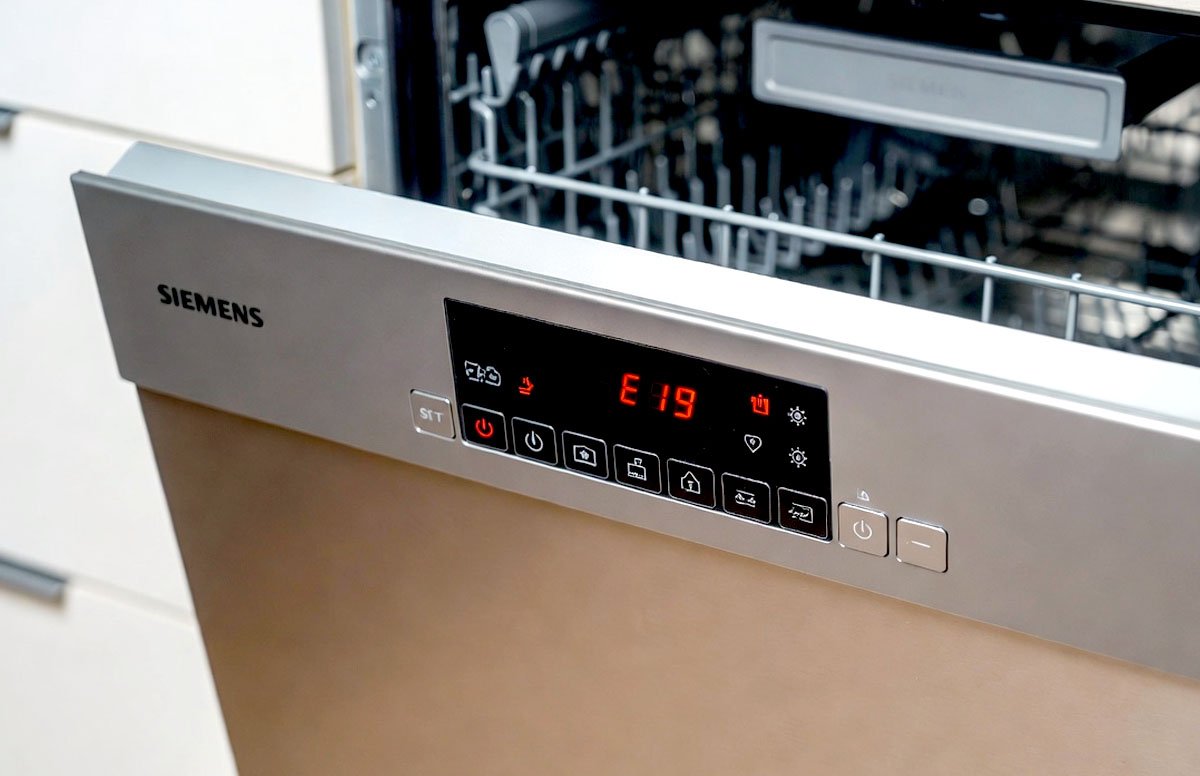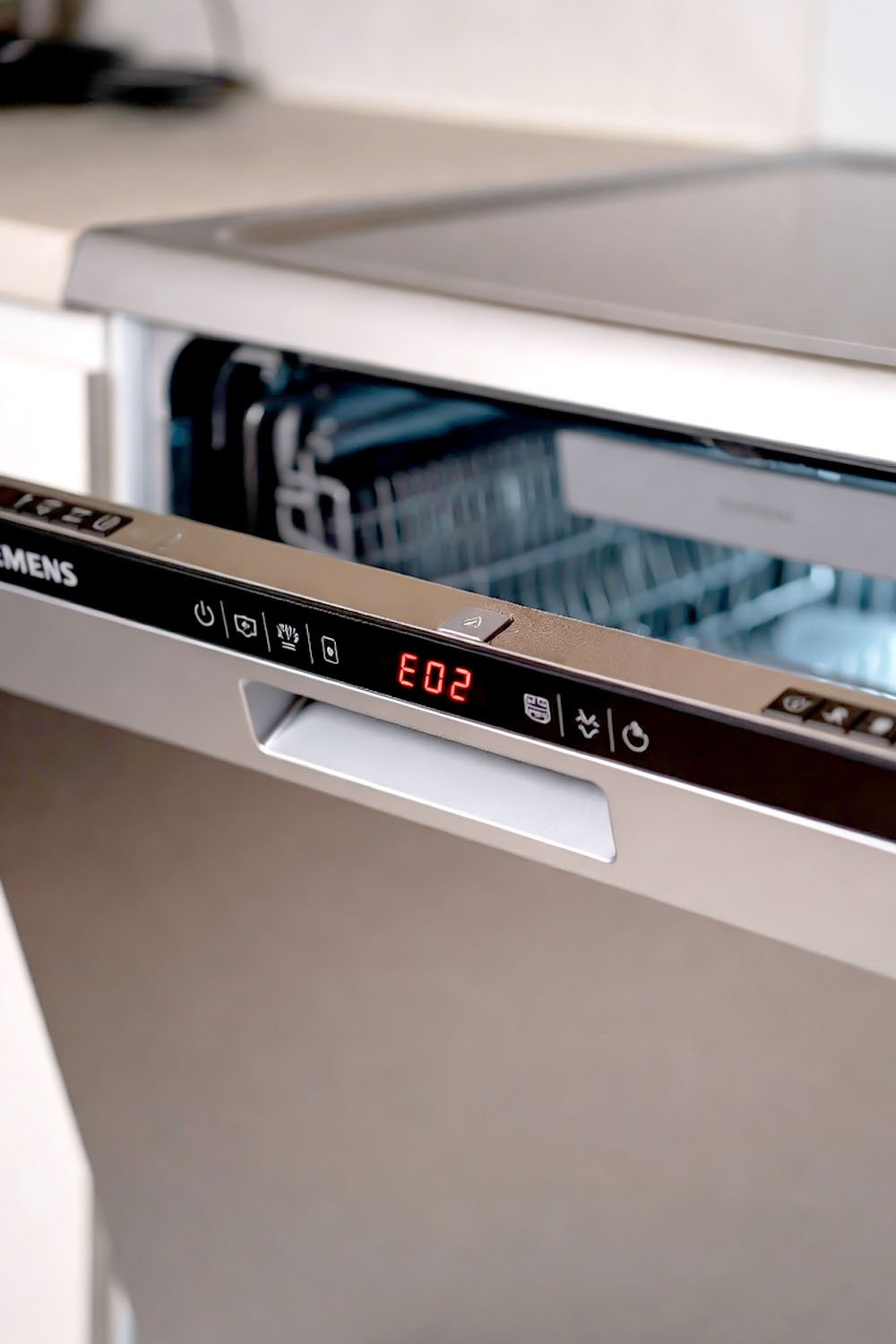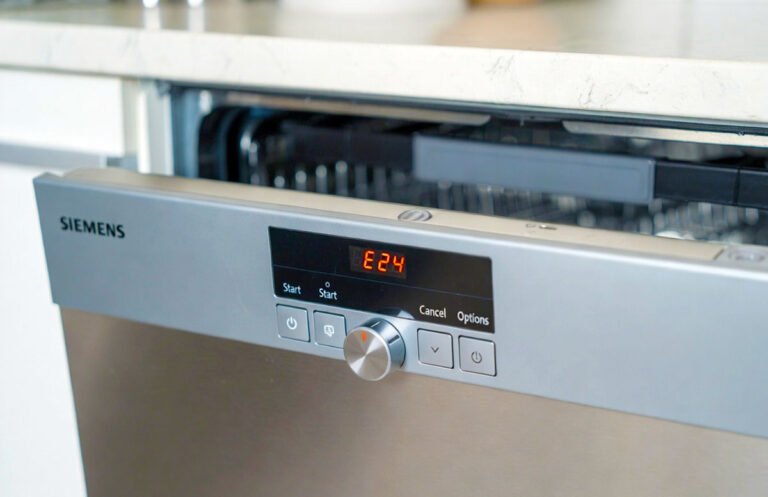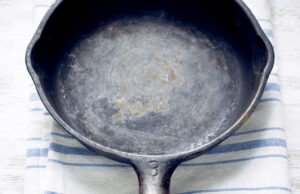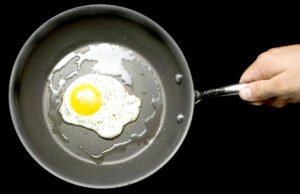As an Amazon Associate, I earn from qualifying purchases at no extra cost to you.
Dishwasher Smells Like Fish? Easy Ways to Fix It Fast!
You might open your dishwasher and get a strong fish smell that makes you want to close the door right away. You feel confused because your dishwasher is supposed to clean, not stink! You want to know how to stop that bad fish smell quickly. In this article, you will learn simple, clear ways to get rid of the fishy smell from your dishwasher for good. You don’t have to suffer the bad odor or hide your clean dishes anymore. Let’s fix your dishwasher smell today!
Find and Clean the Food Trap
The first thing to do when your dishwasher smells like fish is to check the food trap. This part catches food bits so they don’t go down the drain. But when bits of fish or other food get stuck, they start to rot and smell bad. Many people forget about the food trap because it is hidden at the bottom of the dishwasher.
To clean it, open your dishwasher and take out the bottom rack. Look at the very bottom for a round or square plastic piece – this is the food trap or filter. Pull it out carefully. It might be dirty with bits of food stuck on it. Rinse it well under running water. If you see stubborn bits stuck, use a soft brush or an old toothbrush to scrub it clean. You can also soak it in warm soapy water for 10 to 15 minutes before scrubbing.
If your dishwasher has more than one filter or trap, clean all of them. After cleaning, put the trap back carefully. Running the dishwasher with a clean food trap stops food bits from rotting inside and stops the bad fish smell.
If you don’t clean this part often, the smell can come back again and again. Make cleaning the trap part of your regular dishwasher care, maybe once a week or every two weeks.
- Check the food trap at the bottom of the dishwasher.
- Remove the food trap carefully.
- Rinse and scrub the trap to remove stuck food bits.
- Soak in warm soapy water if needed.
- Put the trap back in place.
- Clean the trap regularly to prevent bad smells.
Clean the Dishwasher Drain
Sometimes the fish smell comes from the dishwasher drain. The drain is where dirty water leaves the dishwasher after cleaning your dishes. If this area is blocked or dirty, the old smelly water stays inside and makes your dishwasher smell like fish or other bad smells.
To clean the drain, first, unplug the dishwasher or turn off the power to be safe. Then, look inside the bottom of the dishwasher near the food trap for the drain hole. You might see debris or food bits blocking it. Use a cloth or paper towel to wipe away any food. You can also use a small brush or pipe cleaner to clean inside the drain hole gently.
If your dishwasher drain connects to a garbage disposal, check that too. Sometimes food gets stuck in the garbage disposal and smells bad. Running the garbage disposal with water can clear it.
Another way is to pour a cup of baking soda down the drain followed by one cup of white vinegar. You will see bubbles and fizz. This natural reaction helps clean and freshen the drain. Let it sit for 15 minutes, then pour hot water to flush the drain well.
Regularly cleaning the drain helps keep bad smells away and lets water flow out smoothly.
- Unplug or turn off power to dishwasher.
- Look inside for drain hole near the food trap.
- Remove any visible food bits blocking the drain.
- Use a brush or pipe cleaner to clean inside gently.
- Check and run garbage disposal if connected.
- Pour baking soda and vinegar down the drain, wait, then flush with hot water.
- Clean the drain regularly to avoid smells and blockages.
Wash the Dishwasher Door and Seals
A dishwasher door and its rubber seals can hold onto old food and water. This can cause a bad fish smell if not cleaned well. The door gets wet all the time, and small bits of food or grease can hide in the seals around the edges.
To clean the door and seals, first open the dishwasher and wipe the inside and outside of the door with a soft cloth and warm soapy water. Pay close attention to the rubber seals or gaskets around the edges. These seals can collect grime and food bits in small cracks. Use a soft toothbrush dipped in soapy water to scrub these seals gently.
After cleaning, rinse the door and seals with clean water and dry them with a towel. Keeping the door and seals clean prevents water from sitting and stopping smells from growing.
Also, after every wash, leave the dishwasher door open a little bit for a while to let air dry inside. This helps stop damp smells from building up.
- Wipe inside and outside of the dishwasher door with warm soapy water.
- Clean rubber seals carefully with a soft toothbrush.
- Rinse and dry door and seals well.
- Leave the dishwasher door slightly open after use to air dry.
- Clean the door and seals regularly to avoid smells and mold.
Run a Cleaning Cycle with Vinegar or Dishwasher Cleaner
Sometimes cleaning small parts is not enough because smells hide in hard-to-see places. Running a cleaning cycle with vinegar or a dishwasher cleaner can get rid of deep smells like fish.
White vinegar is great because it kills bacteria and breaks down grease. To use vinegar, put a cup of white vinegar in a dishwasher-safe cup on the top rack. Run the dishwasher on the hottest cycle without any dishes inside. The vinegar will spread through the dishwasher, cleaning pipes, spray arms, and other parts. After the cycle, you will smell fresh and clean dishwasher.
You can also buy special dishwasher cleaners from the store. These cleaners are made to remove smells, grease, and build-up. Follow the instructions on the package. Usually, you run the cleaner on an empty dishwasher on a hot cycle.
Running this cleaning cycle once a month keeps your dishwasher fresh and stops fish smells from coming back.
- Put a cup of white vinegar on the top rack.
- Run a hot cycle with an empty dishwasher.
- Or use a store-bought dishwasher cleaner following package instructions.
- Clean monthly to keep dishwasher fresh.
- Helps remove deep smells, grease, and build-up inside.
Check and Clean the Spray Arms
The spray arms in your dishwasher spray water to clean dishes. If these arms get clogged with food, minerals, or fish bits, water can’t flow well. This causes dirty water to stay inside, making a bad smell.
To clean the spray arms, first, remove the dishwasher racks to reach them easily. Spray arms usually snap or screw out. Check your dishwasher manual if you are not sure how to remove them.
Once removed, look for tiny holes on the spray arms. These holes can get clogged with food bits or hard minerals from water. Use a toothpick, small brush, or a piece of wire to gently poke and clear each hole.
After unclogging, rinse the spray arms under running water to wash away loosened dirt. If the spray arms are very dirty, soak them in warm vinegar for 20-30 minutes before cleaning.
Put the spray arms back in place carefully and run the dishwasher empty on a quick cycle to check they spin freely.
- Remove racks to access spray arms.
- Take out spray arms carefully.
- Use toothpick or brush to clear holes.
- Soak in vinegar if very dirty.
- Rinse and reinstall spray arms.
- Run quick empty cycle to check they spin well.
- Clean spray arms regularly for good water flow and less smell.
Keep Your Dishwasher Dry and Use Fresh Smelling Rinses
After cleaning everything, the last important thing is to keep your dishwasher dry and smelling fresh. A wet and closed dishwasher lets smells grow fast. Water and food bits inside can cause fishy odors again.
After each wash, open the door for at least 30 minutes to let air dry the inside. If you forget, smells may return.
Also, you can use fresh-smelling rinses or dishwasher fresheners. Some rinses you add to your dishwasher help keep dishes clean and smelling nice. Other products come in small pods or strips that you place inside the dishwasher to stop bad smells.
You can also try natural things like putting a few drops of lemon juice or essential oils on a cloth inside the dishwasher. These help keep fresh scents.
Another tip is to wash your dishes soon after eating fish or seafood, so fish bits don’t stay inside the dishwasher long.
- Open dishwasher door after each wash to air dry.
- Use fresh-smelling rinses or dishwasher fresheners.
- Try lemon juice or essential oils for fresh scents.
- Wash fishy dishes quickly to stop smells.
- Keep dishwasher dry and fresh to avoid fish odors.
| What to Do | How to Do It | Why It Helps |
|---|---|---|
| Clean food trap | Remove, rinse, scrub, and soak if needed | Removes rotten food bits |
| Clean dishwasher drain | Clear blockages, use baking soda and vinegar | Stops dirty water smell |
| Wash door and seals | Wipe, scrub seals, dry, and air out | Stops mold and trapped grime |
| Run cleaning cycle | Use vinegar or cleaner on hot empty cycle | Cleans deep inside parts |
| Clean spray arms | Remove, clear holes, soak, rinse, reinstall | Improves water flow, stops smell |
| Keep dishwasher dry | Open door to air dry, use fresh rinses | Prevents smell growth |
Final Thoughts
Getting rid of a fish smell in your dishwasher is easy if you follow these simple steps. Cleaning the food trap and drain removes the main sources of bad odors. Washing the door and seals stops hidden grime. Running a vinegar cleaning cycle freshens deep inside. Keeping spray arms clean helps water flow better and stops dirty water. Finally, always keep your dishwasher dry and use fresh rinses to prevent smells from coming back. With a little care, your dishwasher will smell fresh, clean, and ready for your dishes every day.
Frequently Asked Questions (FAQs)
Is it normal for my dishwasher to smell like fish after washing seafood?
Yes, it can happen sometimes. When you wash seafood or fish dishes, tiny bits of food or oils can stay inside the dishwasher. If these bits get stuck in the trap, drain, or spray arms, they start to rot and cause a fishy smell. It is normal but should not stay for a long time. Cleaning the dishwasher regularly and running a vinegar cycle after washing fish dishes helps keep the smell away.
Can I use bleach to clean the fish smell in my dishwasher?
Bleach is very strong and can damage some dishwasher parts or remove rubber seals. It is better to avoid bleach inside your dishwasher. Instead, use white vinegar or a dishwasher cleaner made for smells and build-up. Vinegar is safe and natural. If you want to disinfect, you can run a hot vinegar cleaning cycle which also kills bacteria causing smells.
Do I need to clean the dishwasher after every use to stop fish smells?
You don’t have to clean the whole dishwasher after every wash. But it helps to rinse dishes before loading and clean the food trap once a week. Running a cleaning cycle with vinegar or cleaner once a month is enough to keep smells away. After washing fish dishes, you might want to run a quick vinegar rinse to stop smells.
Is it okay to leave the dishwasher door open after every wash?
Yes, it is very good to leave the door open a little after every wash. This helps the inside dry and stops moisture from making bad smells and mold. Even leaving it open for 20-30 minutes after washing dishes helps a lot in keeping your dishwasher smelling fresh.
Can fish smells come from the kitchen sink connected to the dishwasher?
Yes, if your dishwasher drain is connected to the kitchen sink or garbage disposal, smells can travel back into the dishwasher. Food stuck in the sink drain or garbage disposal can cause fishy smells. Cleaning the sink drain and running the garbage disposal regularly helps prevent smells coming into the dishwasher.
Do I have to clean the spray arms often to prevent smells?
Yes, cleaning spray arms regularly is important. When spray arms get clogged, water doesn’t spray properly and dirty water stays inside. This can cause bad smells like fish. Cleaning spray arms once a month or when you notice poor cleaning helps water flow well and keeps the dishwasher fresh.
Is using lemon or essential oils safe in the dishwasher?
Yes, using a few drops of lemon juice or essential oils on a cloth inside the dishwasher can help keep a fresh smell. Don’t put oils directly in the detergent tray, only on a cloth or cup on the top rack. Lemon also helps remove odors naturally. This is a safe and easy way to add fresh scents.
Can a dishwasher smell like fish if it has mold inside?
Yes, mold inside the dishwasher can cause bad smells similar to fish. Mold grows in damp, dark places like door seals or under racks. Cleaning the door seals well, running vinegar cycles, and drying the dishwasher by leaving the door open stops mold growth and fishy smells.

